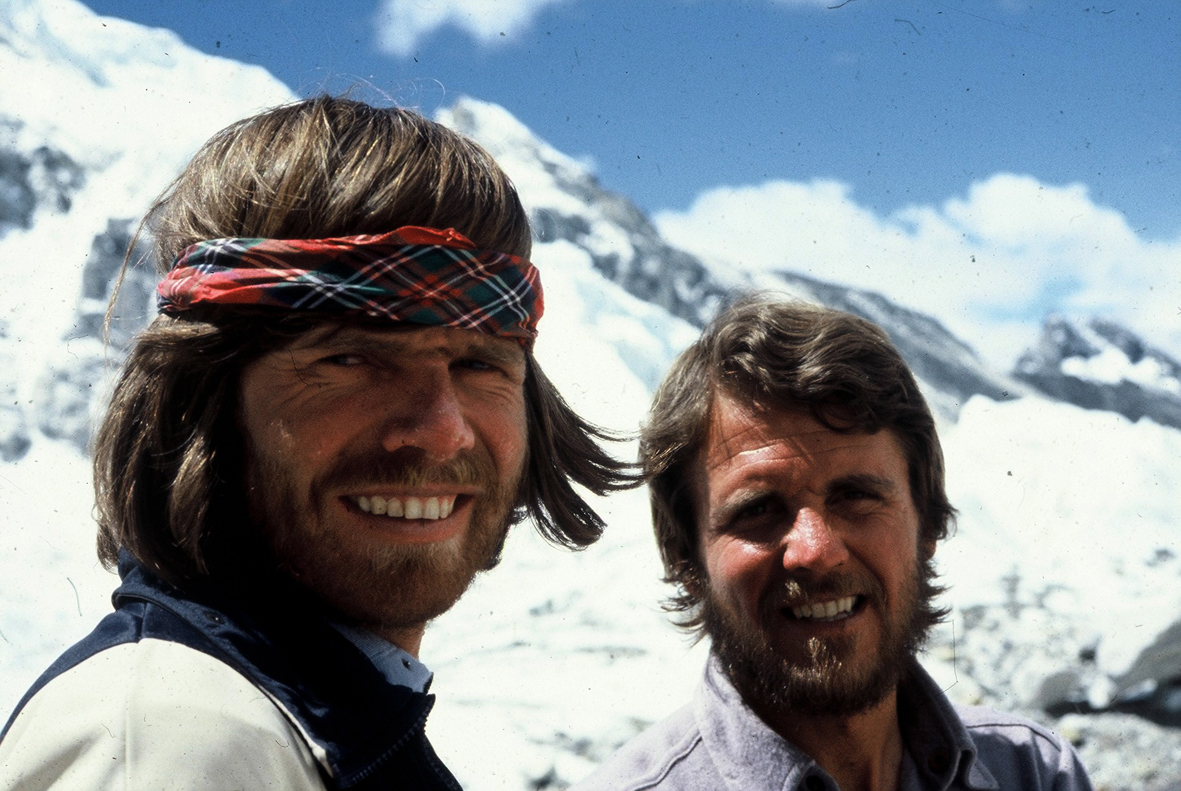Meet the pioneers of mountaineering who pushed the limits of human endurance

Mountaineering has a rich history, and several pioneers played crucial roles in its development.
Here are three pioneers in mountaineering along with intriguing stories about their contributions to the sport:
Edward Whymper (1840-1911):
Story: Edward Whymper is best known for being the first person to successfully ascend the Matterhorn in the Alps, a feat that became a symbol of the Golden Age of Alpinism. His journey to the summit in 1865 was, however, a bittersweet victory. Tragedy struck on the descent when four of the seven-member team, including Lord Francis Douglas, lost their lives in a fall from the mountain.
Legacy: Whymper’s pioneering efforts in the Alps marked a significant moment in mountaineering history. His dramatic Matterhorn climb and the subsequent tragedy not only showcased the allure of high-altitude adventure but also underscored the perilous nature of the sport. Whymper’s experience led to improved climbing techniques and safety measures.

Sir Edmund Hillary (1919-2008) and Tenzing Norgay (1914-1986):
Story: Sir Edmund Hillary, a New Zealand mountaineer, and Tenzing Norgay, a Sherpa of Nepal, made history in 1953 when they became the first people to successfully summit Mount Everest, the world’s highest peak. Their ascent was a remarkable feat of teamwork and endurance, as they faced extreme weather conditions, technical challenges, and the psychological strain of high-altitude climbing.
Legacy: Hillary and Norgay’s successful ascent of Mount Everest marked a monumental achievement in the history of mountaineering. Their collaboration, mutual respect, and the cultural exchange between a Westerner and a Sherpa demonstrated the power of international cooperation in high-altitude climbing. Their accomplishment remains a source of inspiration and a symbol of human determination and achievement.
Reinhold Messner (1944-present):
Story: Reinhold Messner is a legendary Italian mountaineer who is known for numerous first ascents and notable achievements in high-altitude mountaineering. In 1978, Messner and Peter Habeler made history by becoming the first climbers to reach the summit of Mount Everest without supplemental oxygen, a significant milestone in the sport.
Legacy: Messner’s remarkable feat of climbing Mount Everest without supplemental oxygen was a testament to his physical and mental endurance. This achievement challenged conventional wisdom about the limits of human capability at high altitudes and paved the way for more ambitious ascents in the future. Messner’s legacy extends beyond Everest, as he continued to achieve numerous climbing records and made significant contributions to the world of mountaineering.
These pioneers in mountaineering not only achieved groundbreaking climbs but also influenced the evolution of the sport, improved safety standards, and expanded the realm of what was considered possible in high-altitude exploration. Their stories continue to inspire and captivate mountaineers and adventure enthusiasts worldwide.


